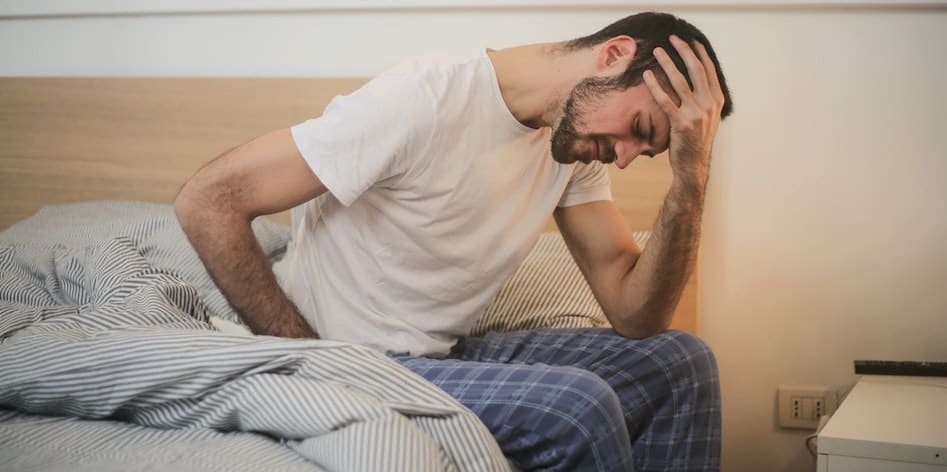5 Risks of Trying to Break an Addiction On Your Own
Last Updated on January 26, 2022
Table of contents
Getting sober is a life-changing experience, but it requires hard and emotionally painful work. Without the right support or treatment, getting sober can be very difficult or even life-threatening. So, before you try to break an addiction on your own, consider the following risks and think about getting professional treatment at a rehab center instead.
Related post: Individualized Addiction Treatment: Why It’s Essential for Recovery
1. Severe withdrawal symptoms or complications
Quitting drugs or alcohol on your own is not only difficult, but it can also be dangerous to your health. If you’ve been using drugs for a while, it has likely taken a serious toll on your brain, changing the way it functions and altering your memory, decision-making, and self-control. Although you might think you’re motivated enough to quit on your own, your brain and body might have other plans. Not to mention, if you try to get sober at home, where old familiar triggers are lurking everywhere, it’s likely to be a very challenging endeavor.
Additionally, if you decide to break an addiction on your own, coming off alcohol or hard drugs like cocaine, prescription medications, or heroin after using them for a long time is likely to cause very uncomfortable (or even painful) withdrawal symptoms, such as:1
- Body pain
- Frequent vomiting
- Insomnia
- Blood pressure spikes
- Muscle tension
- Seizures
Even seemingly minor withdrawal symptoms, like vomiting, can become life-threatening if you become severely dehydrated.
Certain substances may produce more severe withdrawal symptoms than others, but the severity of withdrawal also depends on your history of drug use, overall health, and whether you try to quit “cold turkey,” among other factors.
We should note that quitting “cold turkey” (suddenly abstaining from a substance immediately and completely) can be especially dangerous. While it can be effective with the right support, there are many serious risks.2 It’s always safest to detox at a licensed drug and alcohol detox center, where you’ll receive medical treatment from a physician-led team of medical professionals that are trained to treat addiction.
2. Relapse
Drug and alcohol addiction is more than just a physical dependence on these substances. Even after you detox and you’re not physically dependent anymore, you’re still at high risk of relapse due to certain psychological and social factors, including:3
- Stress
- Environmental cues
- Spending time with friends who drink alcohol or use drugs
Without professional support, it can be very difficult to cope with cravings and triggers, and you’re much more likely to start using drugs or drinking again to get relief from psychological discomfort. In comparison, a major component of rehab is counseling and therapy, which will help you learn how to escape cravings, deal with triggers, and learn to manage life’s challenges without relying on addictive substances. In addiction treatment, counselors and therapists use many different types of therapy to help people who struggle with a substance use disorder. Examples include cognitive behavioral therapy, contingency management, motivational interviewing, and dialectical behavior therapy. The right treatment plan for you will depend on the severity of your addiction and your unique needs.
3. Unaddressed mental health issues
Mental health problems and substance abuse often occur together. National surveys have found that about half of people who experience a mental illness during their lives will also experience a substance use disorder and vice versa.4 According to Johns Hopkins Medicine, in particular, depressive illnesses tend to co-occur with substance abuse and anxiety disorders.5
For example, the most common mental health problems among people with substance use disorders include:
- Generalized anxiety disorder
- Panic disorder
- Post-traumatic stress disorder (PTSD)
- Bipolar disorder
- Depression
- Attention-deficit hyperactivity disorder (ADHD)
- Borderline personality disorder
- Psychotic illness
- Antisocial personality disorder
- Schizophrenia
If you’re addicted to drugs or alcohol, you may also be suffering from an undiagnosed mental health disorder, which likely contributes to your addiction. Even if you quit using drugs or drinking alcohol, you’re more likely to relapse due to mental health issues or suffer from ongoing life issues that remain unresolved.
When you enroll in a rehab program, the treatment staff will screen you for mental health problems before you begin your treatment. That way, they can determine the best type of treatment for you and you’ll have a better chance at achieving lasting sobriety.
4. Lack of social support in recovery
Studies continue to support the fact that social support is a key aspect of addiction recovery.6 Not only does it counteract the stigma that often comes with addiction, but it can help individuals sustain long-lasting change because it offers a sense of inclusion, reduces stress, provides safety and security, encourages optimism, and broadens one’s perspective beyond themselves. Essentially, without social support, it’s easier to fall back into old habits and relapse. Individuals who lean on one another for support in recovery glean encouragement, motivation, and valuable lessons from one another. Plus, peer support makes sobriety more fun, sustainable, and satisfying!
Trying to break an addiction on your own and recovering in isolation is unsustainable. It’s also incredibly unfulfilling and lonely. Instead, seeking social support in recovery can look many different ways. Getting social support looks different for everyone, but it might include one or more of the following options:
- Completing a rehab program
- Enrolling in a sober living program
- Joining a 12-step group
- Getting a sponsor
- Seeing a therapist
- Connecting with other peers in recovery
- Spending quality time with supportive family and friends
Additionally, aftercare programs like sober living can also help individuals adjust to sobriety and gradually assimilate back into “normal life” after they complete detox and rehab.
5. Skewed perception of what sobriety can (or should) look like
Unfortunately, if you try to break an addiction on your own, you might end up having a skewed perception of what sobriety looks like. For example, without proper treatment and support, sobriety might be incredibly uncomfortable, boring, or unsatisfying, especially because you may be suffering from untreated mental health conditions. However, going to rehab to receive professional treatment for addiction will give you the opportunity to work with therapists and counselors who can help you see things about yourself and your life from a more objective perspective. If you don’t seek outside support for addiction recovery, you may not ever truly address the underlying causes of your addiction.
In short, it’s very difficult to recover from addiction without the right support and treatment and sobriety can be very lonely and difficult. The good news is, it doesn’t have to be that way! With the proper treatment, you might just discover that sobriety is the best thing that’s ever happened to you. Just check out some of our alumni’s SOAR stories for proof of this!
Related post: What Is the Addiction Treatment Process?
Don’t try to break an addiction on your own. Get help with drug rehab Austin.
If you want to get sober but you need help to do it, you’re not alone. The caring and experienced professionals at Nova Recovery Center are here to help you. We offer individualized and comprehensive, evidence-based addiction treatment for men, women, and LGBTQ+ individuals. Our drug rehab Austin is nationally certified and accredited and we work with many insurance providers to ensure treatment is as affordable as possible. Learn more about our outpatient and inpatient drug rehab Austin, TX today.
If you’re ready to start your recovery journey or you’d like to learn more, please contact us online or call (888) 427-4932 today to speak with an admissions representative.
References:
- https://www.ncbi.nlm.nih.gov/books/NBK310652/
- https://www.medicalnewstoday.com/articles/is-it-bad-to-quit-cold-turkey
- https://www.webmd.com/mental-health/addiction/counseling-and-addiction-how-therapy-can-help
- https://www.drugabuse.gov/publications/research-reports/common-comorbidities-substance-use-disorders/part-1-connection-between-substance-use-disorders-mental-illness
- https://www.hopkinsmedicine.org/health/wellness-and-prevention/mental-health-disorder-statistics
- https://cns.utexas.edu/news/social-support-aids-recovery-from-drug-addiction
Call Us Now and Begin Healing at (512) 605-2955
Or text us and we will call you right back.
Not quite ready for a call? You can fill out the form below.
What Makes Us Different
- Gender-specific treatment
- Evidenced-based treatment
- 12-Step immersion
- 90-day residential treatment
- Family program
- Full continuum of care
- Insurance and private pay
100% Confidential Guarantee
Confidential Consultation
Nova Recovery Center is dedicated to helping you or your loved one get help. Please call or fill out this form for a confidential consultation.
One of our understanding, dedicated advisors will contact you about your options. Begin healing today.
Nova Recovery Center is dedicated to helping you or your loved one get help. Please call or fill out this form for a confidential consultation. One of our understanding, dedicated advisors will contact you about your options. Begin healing today.






